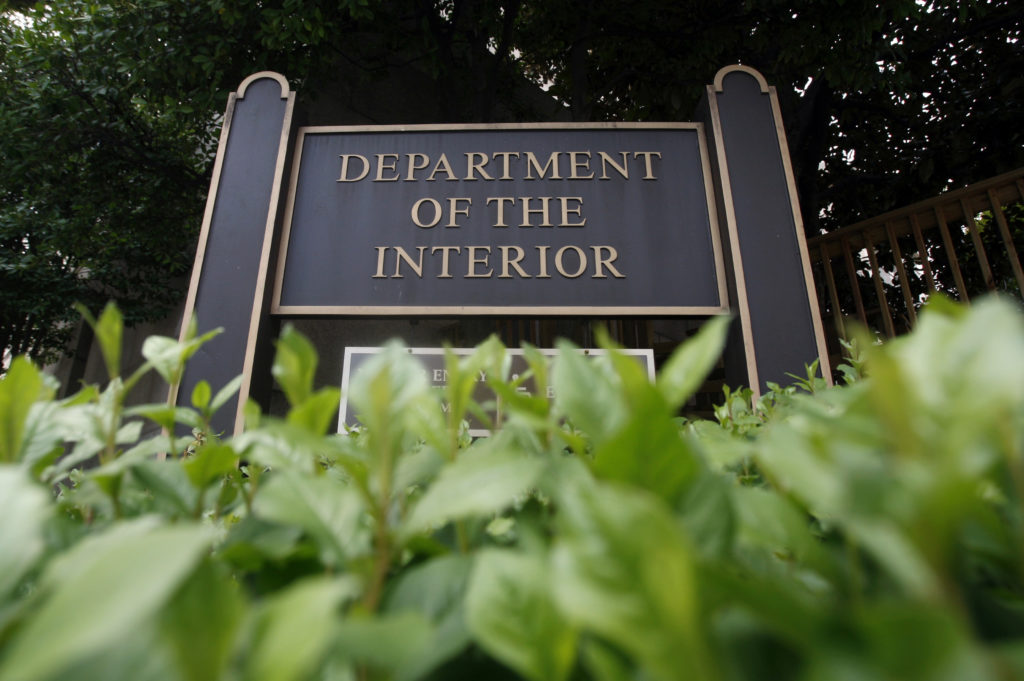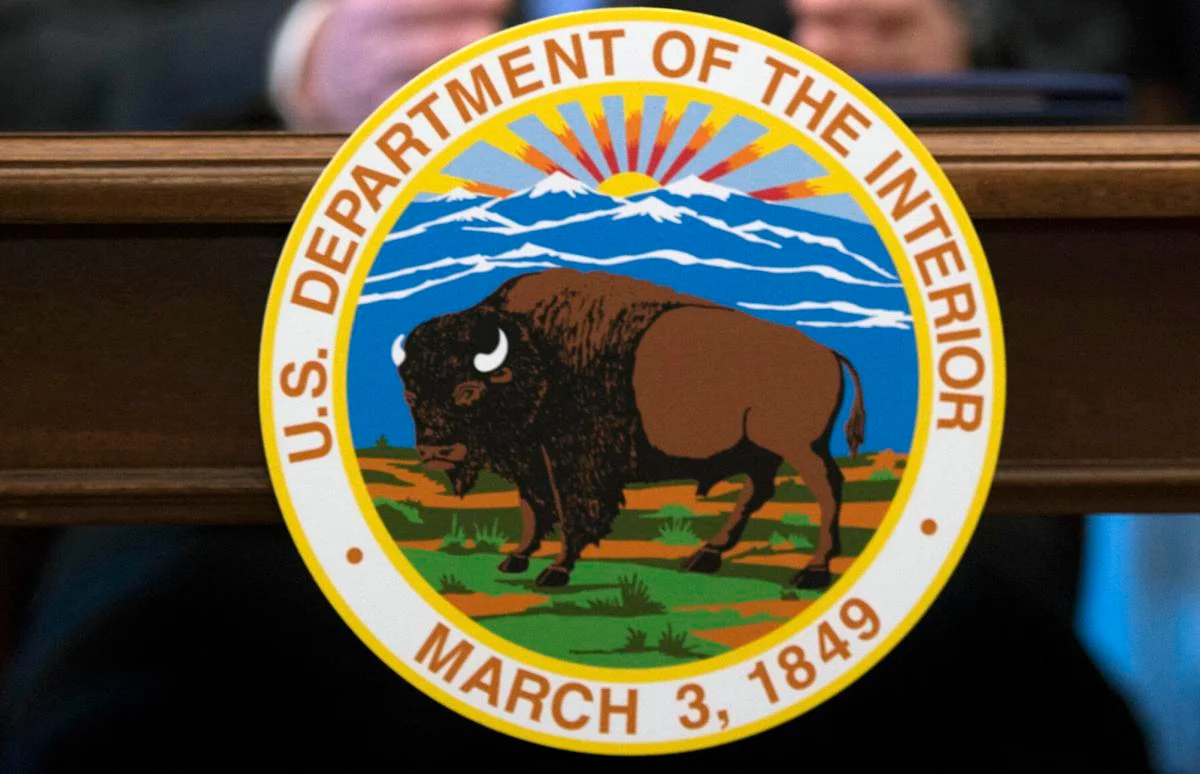The Biden administration, through the Department of the Interior, has announced a substantial allocation of over $120 million to tribal governments to address the pressing issue of climate change. This funding is specifically aimed at helping tribal nations adapt to climate threats, including the crucial task of relocating infrastructure.
Indigenous communities across the United States are disproportionately affected by severe climate-related environmental threats, impacting water resources, ecosystems, and traditional food sources essential to Native communities nationwide.
Interior Secretary Deb Haaland, a member of the Pueblo of Laguna, has emphasized the urgency of bolstering climate resilience and ensuring the safety and preparedness of tribal communities. She highlighted the increasing threat of rising seas, coastal erosion, wildfires, and other extreme weather events, stressing the need for immediate action.
Recognizing the invaluable role of Indigenous peoples in safeguarding biodiversity, federal and state governments are increasingly turning to traditional ecological knowledge to mitigate the impacts of climate change.
Secretary Haaland emphasized the importance of incorporating Indigenous knowledge into climate change mitigation efforts, highlighting its critical role in environmental protection. Assistant Secretary Bryan Newland echoed these sentiments, emphasizing the Department of the Interior’s commitment to investing in tribes’ ability to leverage their traditional knowledge in addressing climate challenges at the local level.

The substantial funding allocation stems from President Biden’s Investing in America agenda, drawing from legislative initiatives such as the Inflation Reduction Act, the Bipartisan Infrastructure Law, and annual appropriations.
This funding represents the largest annual amount awarded through the Tribal Climate Resilience Annual Awards Program, established in 2011 to aid tribes and tribal organizations in responding to climate change.
The allocated funds will support a range of projects aimed at climate adaptation, community-led relocation, ocean management, and habitat restoration. These initiatives are crucial steps in fortifying tribal communities against the escalating impacts of climate change.
Senior advisor to the president, Tom Perez, underscored the administration’s commitment to working collaboratively with tribal nations and ensuring that historically marginalized communities are not left behind in the fight against climate change. He emphasized that the injection of federal funding reflects a recognition of past shortcomings and a dedication to rectifying these disparities.
This recent allocation follows the administration’s previous commitment in 2022, where $135 million was dedicated to 11 tribal nations facing climate threats. These funds supported infrastructure relocation efforts aimed at mitigating risks posed by wildfires, coastal erosion, and extreme weather events.
Related News:
- Legal Expert Weighs In Fani Willis’ Trump Prosecution Still Raises enterprises
- Cherokee County Confirms Presidential Primary Results
- Cherokee County Reunites for Regional Housing Forum on March 27
However, acknowledging the scale of the challenge, a 2020 Bureau of Indian Affairs study estimates that addressing climate-related relocation needs in tribal communities could require up to $5 billion over the next 50 years.

